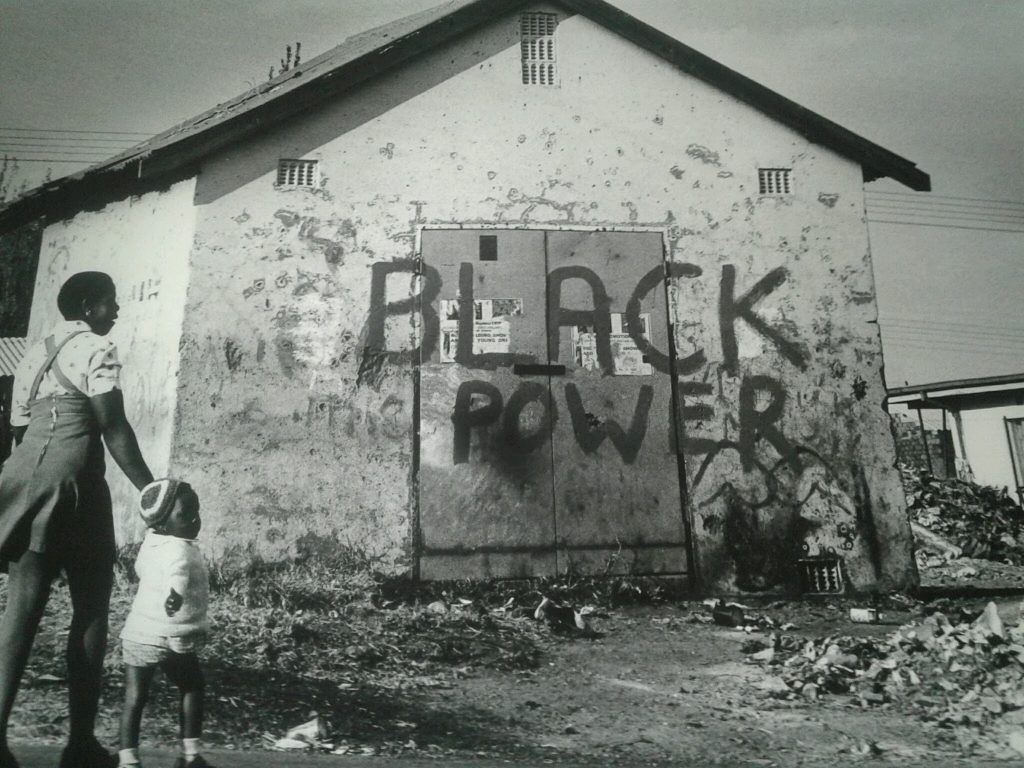The 2020 edition of the Jozi Book Fair (JBF) with the theme “Literature in the Time of COVID-19” came to a close on 29 November 2020 after being on the road for the best part of three months. For 11 previous editions the book fair was held in the Newtown Cultural Precinct – mainly at Museum Africa, Workers Museum and in the Mary Fitzgerald Square. But as with many of Khanya College’s activities in 2020, the JBF was forced to go online by COVID-19. On its traditional date of the end of August and early September the JBF2020 was launched with a discussion led by Community Healthcare Workers. Over the years CHWs have become a growing constituency of the JBF, and besides their growing participation as readers and as writers, CHWs have also been responsible for ensuring a lively children’s programme by bringing their children to the JBF.
Over the course of the three months the JBF hosted 19 events featuring 81 authors and panellists. The overwhelming majority of these authors and panellists were youth and women, and were mainly from the working class. This was an important achievement for the JBF, and it meant that its objective of deepening a culture of writing, reading and debate within the working class was not derailed by COVID-19.
The JBF made a determined effort to ensure that this key objective of the JBF does not fall victim to the “digital divide”. As the book fair unfolded and the JBF and Khanya College were able to adapt its infrastructures to the COVID-19 moment, it became possible to host events that featured a combination of online and limited attendance physical events due to Khanya College’s COVID-19 protocols. While the online platform proved particularly challenging because of the limited access that the JBF’s main constituency (the working class in townships around Johannesburg) has to the internet and to data for going online, the JBF had to adapt to these conditions and ensure that its main constituency is not left behind as the book fair moved online.
This meant a major ratcheting up of the JBF’s technical infrastructure, including its ability to combine online events with limited physical events; the ability to assist large numbers of township activists with online conferencing applications of various kinds; finding ways of delivering data to large group ‘just in time for the events’; bringing in panellists from working class areas into the House of Movement so they can participate on these platforms on equal terms with other panellists.
An additional challenge that the JBF technical team had to respond to was how to make participation in online discussions lively and not primarily an experience of ‘grey talking heads’. The JBF technical support team not only ensured a smooth technical execution of the online discussions, but that they would be livened up with with videos, music and infographics to break the monotony of many online discussions. By the end of the book fair on 29 November the JBF technical team had become adept at running these events in a professional manner, even though some challenges remained.
The book fair touched on a range of themes including the economy, building a women’s movement, health and organising around health issues, journalism, local and international movement building and working class history. The format of the events at the book fair ranged from roundtables, conversations, book launches, workshops and an online exhibition. The changed format of the book fair, while introducing a range of new challenges, also opened a range of new possibilities for the JBF.
A highlight of the book fair was the launch of an online exhibition on the life of Petrus Mashishi. While other events expressed these new possibilities, the online exhibition opened up a whole new area of educational possibilities for the working class. Another key breakthrough was the event hosting four panellists from the United States on the recent presidential elections and the role of social movements, again pointing to the huge possibilities emerging out of the COVID-19 crisis. All the activities of the book fair will be made available for viewing and for use in educational events going forward.
Another first for the book fair was the collaboration between the JBF and the Gothenburg Book Fair. Over a three-day period youth and CHW authors hosted events at the Gothenburg Book Fair, with the JBF’s school youth reading their published stories to an audience of over 250 school youth from five schools in four different cities in Sweden. In the same vein, the JBF also collaborated with the Nordic Film Festival. In South Africa, about 20 school youth were published in the 5th edition of Batjha Kaofela with 19 of them being young girls. This publication followed writing workshops and online discussions in which almost 200 school youth participated.
JBF 2020 began the year confronted with a major crisis as a result of Covid-19, but Khanya’s ability to adapt to the situation, and in particular its close relationship to its core working class constituency, created a strong basis for turning the crisis into a space for advancing its mission of building a movement of readers and writers.
This article was submitted on 30 November 2020. You may republish this article, so long as you credit the authors and Karibu! Online (www.Karibu.org.za), and do not change the text. Please include a link back to the original article.



